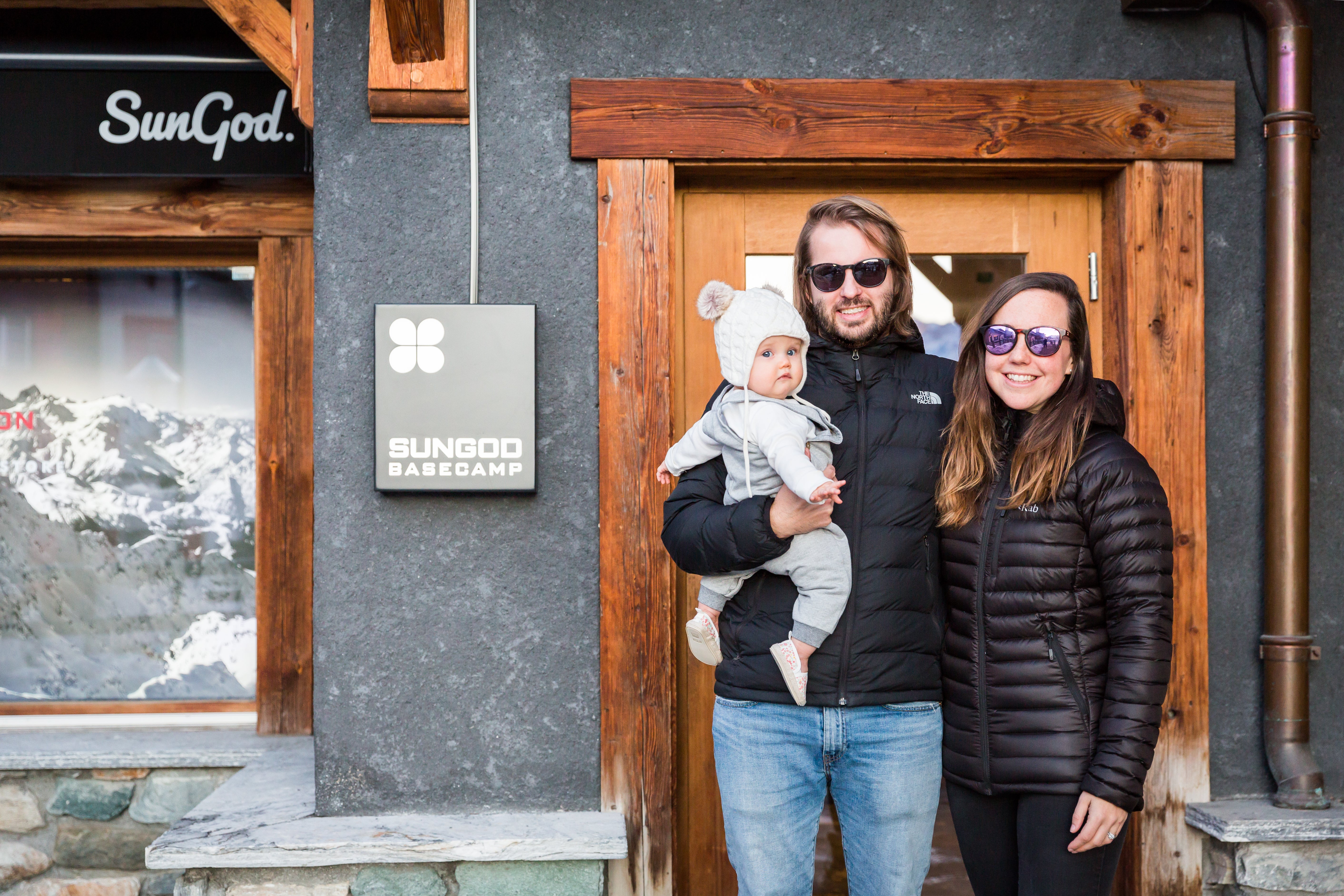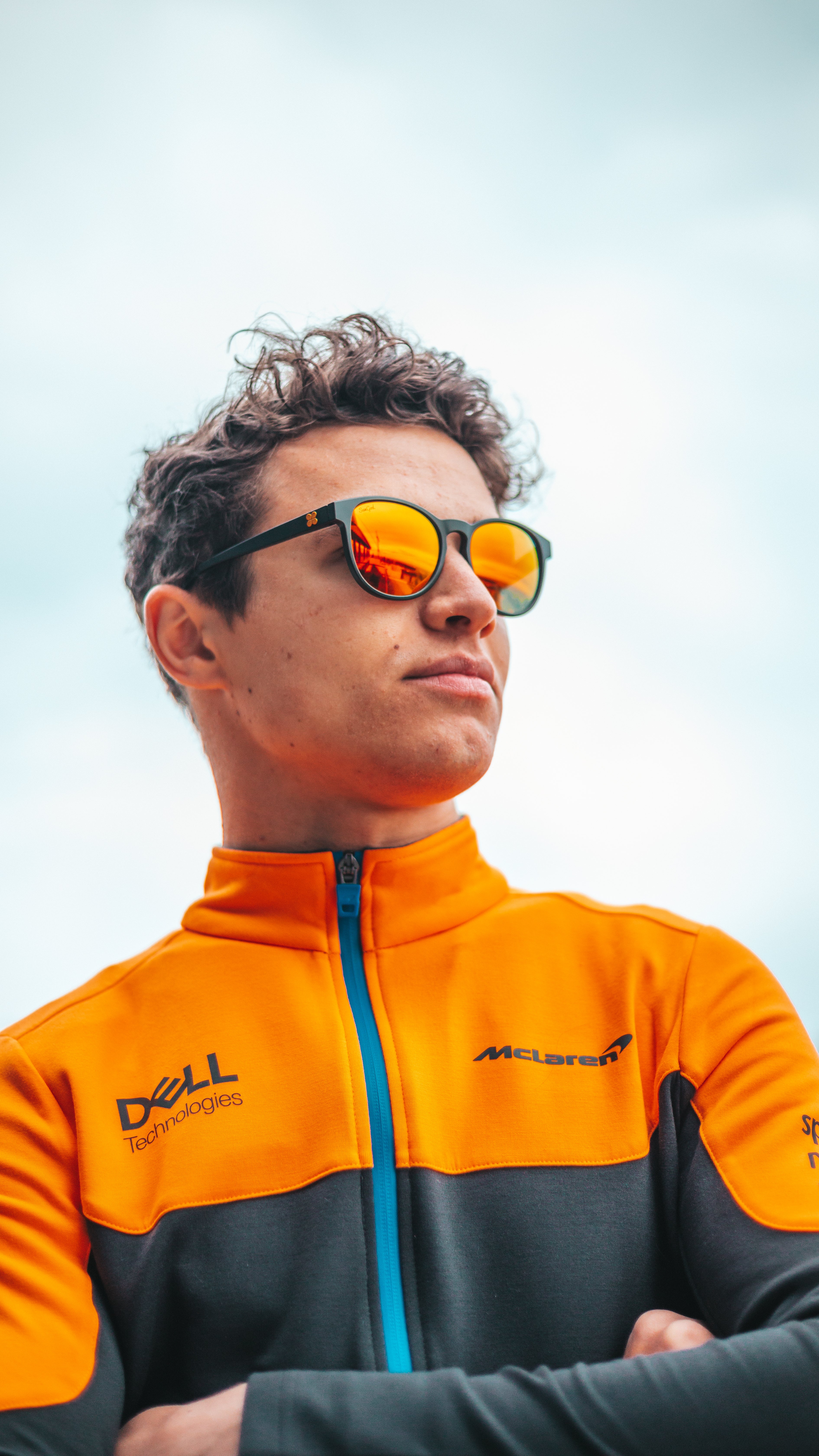The sunglasses start-up putting sustainability at the heart of everything it does
SunGod’s founders believe business should be done differently. Sustainability should be the goal and high quality over fast fashion is one way to come closer to those goals, writes Sean Russell


Imagine that you sit on your brand-new pair of sunglasses and break them. What do you do? You’d probably throw them out and get some new ones and then at some point you damage those, too. It’s probably the same for your clothing. What happens to all that waste? Not just the materials themselves but all that went into making that item: the machines used, the people who helped make them, the emissions of the vehicles that transported them, all of it wasted.
The truth is, we cannot go on like this, that much we know. The people behind SunGod are trying to do everything they can to fight this wasteful model and become an influence on how others do business and how their customers think about fashion.
“It’s really important that we’re using the best materials possible,” says Ali Watkiss, co-founder, “and it’s a really important part of our sustainability drive, it’s our rejection of fast fashion. We’re building products that are going to last for years and years and if they don’t last will repair them for you, and, if necessary, we’ll replace them.”
It is this vision that drives SunGod, a start-up which can already boast being attached to the McLaren Formula One team and being worn by star driver Lando Norris. It is about producing the best sunglasses for sport and leisure, out of the very best materials that will last for ever. Watkiss laughs as he tells me that the conventional business model that your products eventually break so customers buy more is stupid, he thinks. We should be making high-quality products bought once and then customers will come back for more.
This runs through all their products, Snow, Pace (endurance sports) and Lifestyle ranges. The lenses give excellent vision and scratch resistance. The higher-end lenses are made of nylon instead of the usual polycarbonate and can adjust to light. There are also options to have 100 per cent recycled plastic frames.
But it doesn’t stop there, the packaging is recycled and they are aiming to be completely carbon neutral by the end of the year.
SunGod, a company which started out trying to sell 400 pairs of sunglasses on a crowdfunding website has gone on to sponsoring athletes and has set itself up as a serious disruptor in the market but where did it all begin?
We also need to focus on our partnerships, athlete community and campaigns to create a positive impact on the world around us. It’s no longer enough to sell products.
Watkiss and co-founder Zoe Armstrong met on a university ski trip. They shared a passion for outdoor sports and eventually married and had children. They also decided that they had to set up SunGod. They spotted an opportunity in the market, big players such as Oakley, seemed to have stagnated, while brands such as Rapha were innovating with direct-to-consumer models which allowed for real innovation.
“I started out training as an architect and worked in property in London for a little while,” Watkiss says. “But I got quite disillusioned with it all. The industry was moving very slowly and I couldn’t make much difference. There wasn’t much care for sustainability considerations and so we just started interrogating industries.”
They may have set out in 2013 to sell only 400 in their first crowdfunding attempt but they ended up selling closer to 4,000 and they realised the market was there for what they were doing. Armstrong is more business-oriented, coming from marketing at L’Oreal, while Watkiss is more product-oriented. They have offices in London and Verbier and, as well as McLaren, they sponsor professional skiers such as James Woods, and the cycling team Canyon dhb SunGod.
“I was always a big Formula One fan,” says Watkiss, “and it was always an ambition to get our logo on an F1 car. So, we finally made that happen this year and they’ve been amazing to work with their very collaborative and forward-thinking.”

McLaren, he says, has its own exciting sustainability goals and the team and drivers have had their input into the design of the lifestyle range, including limited-edition McLaren products.
SunGod is organised to work remotely – even before the pandemic – and the focus is on high-quality products that last and are manufactured and moved around with as little impact as possible on the planet. But it is the direct-to-consumer model which allows this to happen.
Because everything is handled in-house it was easy to understand the impact of the business and where to improve. It can cut its impact rapidly whereas larger companies may have less idea of it and might take years to remedy it. The couple also believe this allows them to build a relationship with their customers which might be impossible through traditional models.
“In a world where online platforms are increasingly saturated, as an online brand, we have to work to stand out from the crowd,” says Armstrong. “Not only do we need to have a website with the best customer experience out there – we also need to focus on our partnerships, athlete community and campaigns to create a positive impact on the world around us. It’s no longer enough to sell products.”
Glasses are built and delivered within 24 hours and contacting them for help and repairs is easy.
Armstrong and Watkiss also want to promote a community. As well as being visible through sponsorships they have a Strava account with challenges. These things are harder through shops.
“This year, we submitted our application to become a certified B Corporation,” says Armstrong. The certification was begun in 2006 by three friends with banking and business backgrounds. It holds for-profit businesses to high social and environmental standards. To gain certification a business must prove it meets certain criteria. There are already more than 4,000 B Corporation businesses in 77 countries.
“It would hold us to account on all these social and environmental commitments. Becoming a B Corp will make sure that as we build the best performance eyewear brand in the world, we promote sustainability, inclusivity and diversity along the way.”




Join our commenting forum
Join thought-provoking conversations, follow other Independent readers and see their replies
Comments